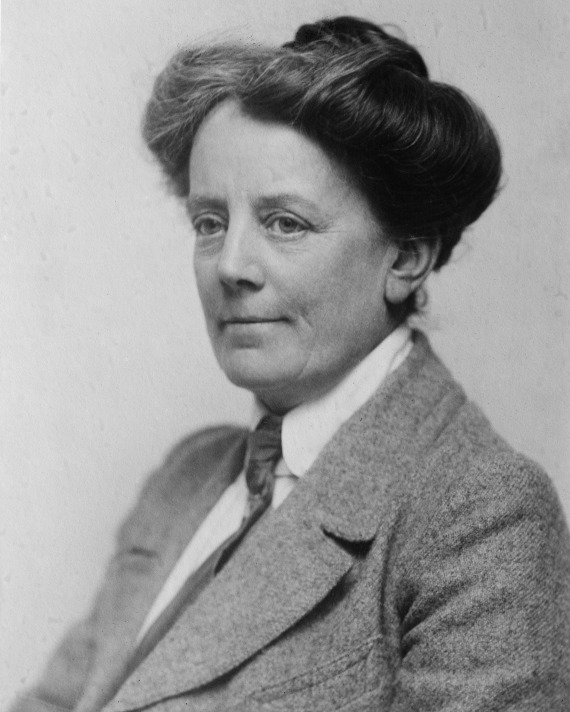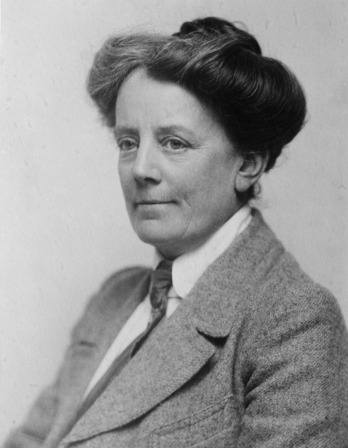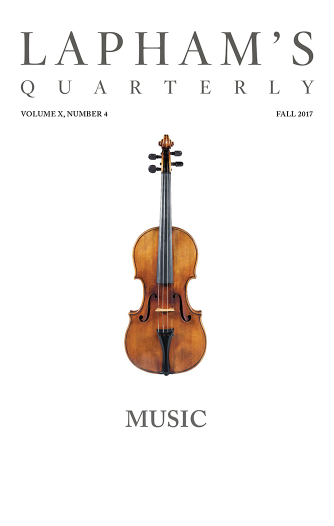
Ethel Smyth
(1858 - 1944)
In 1910 composer Ethel Smyth met the suffragist Emmaline Pankhurst and quickly became involved with the British campaign to give women voting rights. In 1912 Smyth was arrested for throwing rocks at the homes of suffrage opponents, as was Pankhurst, and given a jail sentence of two months. Her song “The March of Women” became a key piece of art associated with women’s rights in the UK. In her 1921 memoir Streaks of Life, Smyth, openly gay, detailed her affairs with famous women of the day, including Virginia Woolf and the Lady Pauline Trevelyan.


